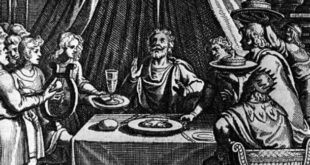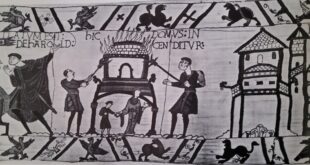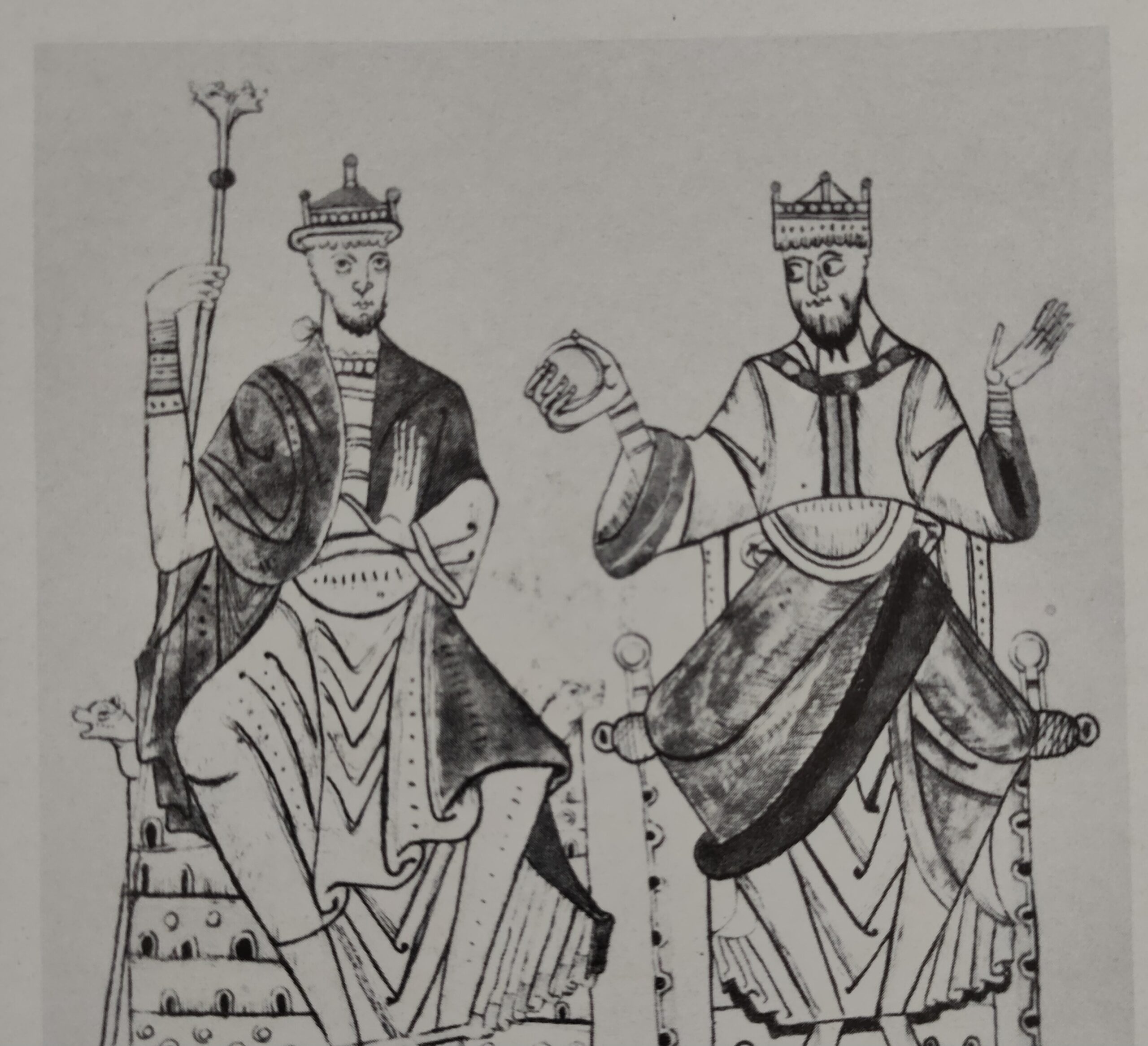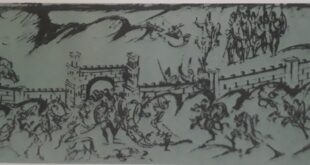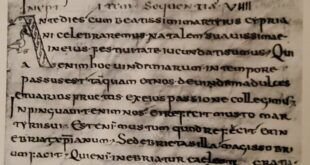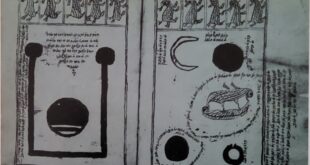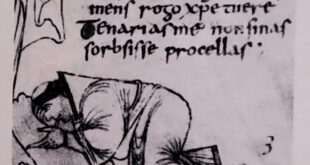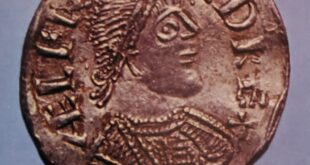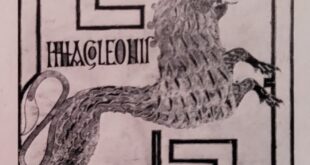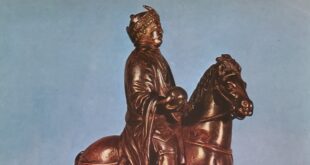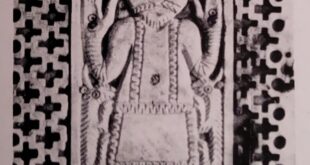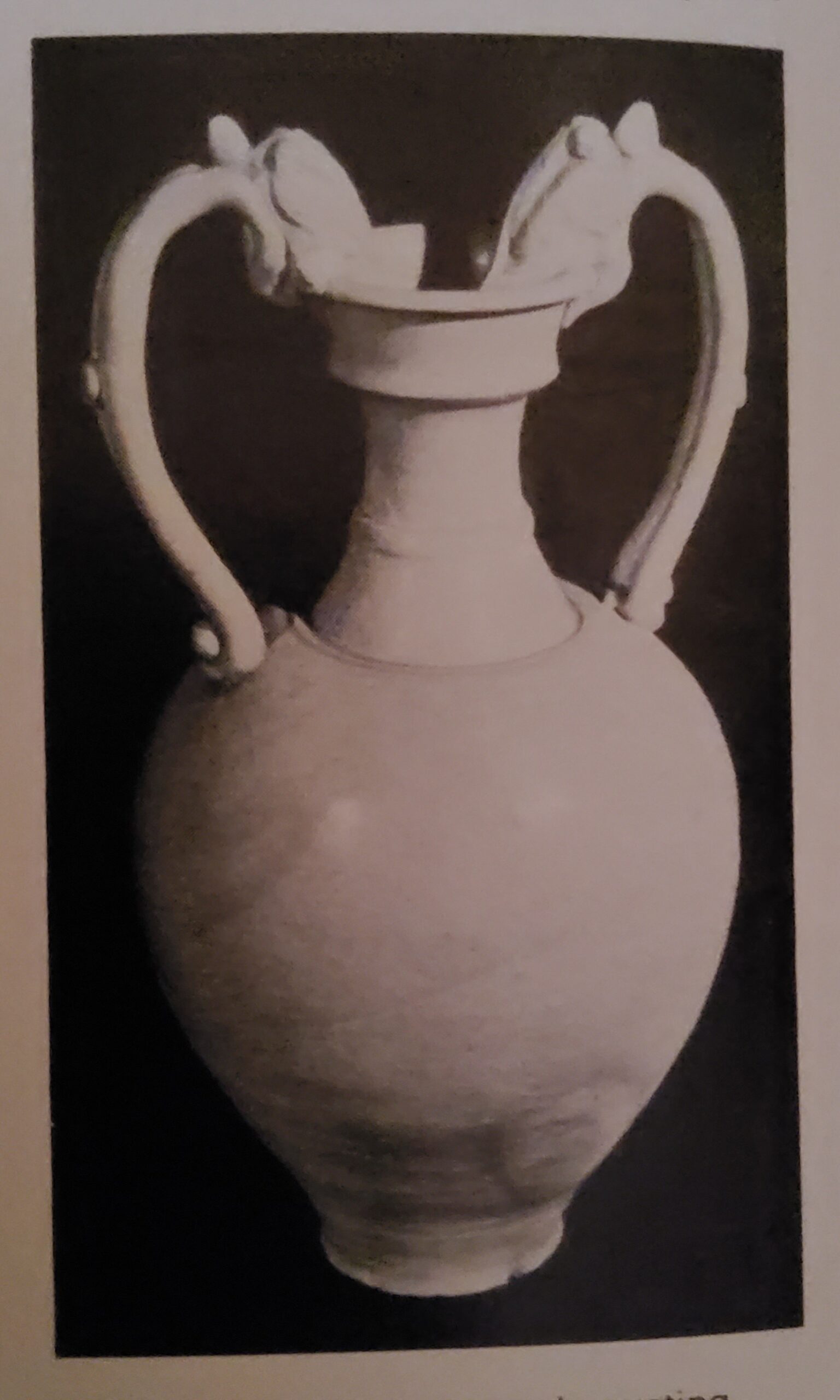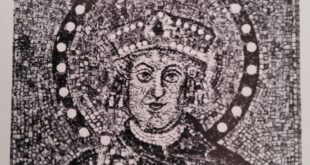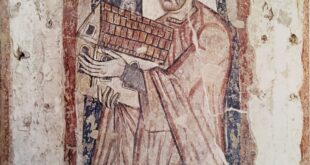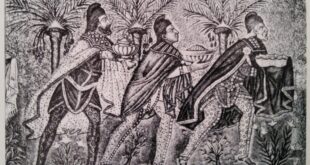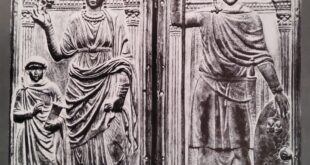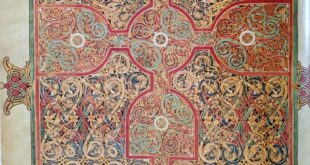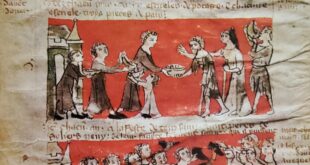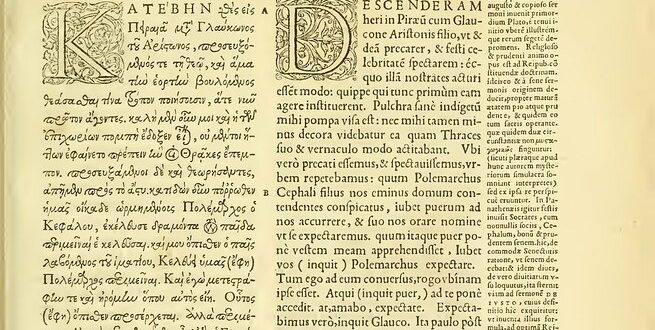
Plato
December 24, 2019
Hellenes - Ancient Greek Mythology
7 Views
Dionysius enjoyed culture as well as cruelty. He wrote poems, which were recited at the Olympic Games and one of many tragedies which he entered in the Athenian competitions took first prize. He invited famous authors and philosophers to his court, among them Plato (429-347), the writer from whose Dialogues much of our knowledge of Socrates comes. Plato had been away from Athens since the death of his beloved master and had come to Sicily in the course of travels which had included a visit to Egypt. He soon quarrelled with the tyrant Dionysius and left his court, but he paid two further visits to Syracuse after Dionysius the Younger had succeeded his father (367). By this time Plato had settled in Athens again and his Academy had become famous. (The word ‘Academy’ in English means a school, but its Greek original was more nearly the equivalent of a university.) He had written his greatest work, the Republic, which consists of a long discussion on what is the best way to educate a people and govern them. His solution was anything but democratic. He favoured rule by a group of immensely well-educated despots — ‘philosopher kings’ — and it was hoped that Dionysius the Younger might become a practical example. The son, however, proved not to be a better pupil than the father. Plato went back to the Academy and Syracuse, though now the most glorious city of the Greek world, never became the model of good government of which the philosophers had dreamed.
The problem of how best to educate people and govern them remains with us still. The importance of Plato is that he was the first writer to discuss it thoroughly. The fact that it is easy to pick out from the Republic ideas which now sound laughable does not matter; nor does the fact that Plato did not make a success of putting his ideals into practice. The Republic is not a book which is only for philosophers, or only for kings. Sooner or later every educated man or woman must read it.
Check Also
William of Normandy, the conqueror, was also descended from English kings and was convinced that …
Hugh Capet was coronated in 987 and with that, began the French dominance of Europe. …
Norsemen or Vikings – Danes, Norwegians and Swedes — were terrorizing the greater part of …
The birth of Hungary The battle of the Lechfeld, which was so important to Western …
Lechfeld, the battleground outside Augsburg on St. Lawrence’s day, 10 August 955 A. D., was …
Cluny, the Greatest Benedictine Abbey in Europe, was founded in 910. After the reign of …
Caliph of Cordova’s library, raised Cordova to its great eminence. It was Europe’s most glittering …
Baghdad founded and became the centre of Islamic learning and culture. England in the tenth …
Alfred “The Great”, alone amongst the English kings, has been awarded this title. Earlier invaders …
Charlemagne’s empire destroyed and dissolved in the ninth century, but the idea of “Europe” survived. …
Charlemagne crowned, at a solemn moment during the celebration of Mass in Rome’s St. Peter’s …
Frankish hordes crush the Romans at Soissons and the disintegration of Europe begins. Japan during …
Japanese renaissance was not until 794 A.D., when the Japanese capital was transferred from Nara …
T’ang Empire – first of the great Chinese dynasties – unifies the nation. The siege …
The flight to Medina, was made by the prophet Mohammed, when he fled from his …
Justinian Corpus, the Juris Civilis, is the ancestor of all European legal systems. The sixth …
St. Benedict’s monks tried to poison him, on one occasion it is said – and …
Old Europe crumbles as barbarian waves batter civilizations. Ironically, the victory on the Mauriac Plain …
Attila, the “Scourge of God” was the legendary force that — curiously enough — helped …
The Visigoths, led by Gaiseric, settle in North Africa and challenge Rome. Ireland before St. …
In the spring of 432, Laoghaire, ruler of a petty kingdom in northern Ireland, gathered …
Abelard, Peter – a renowned teacher from Paris, surrounded by a group of questioning students …


